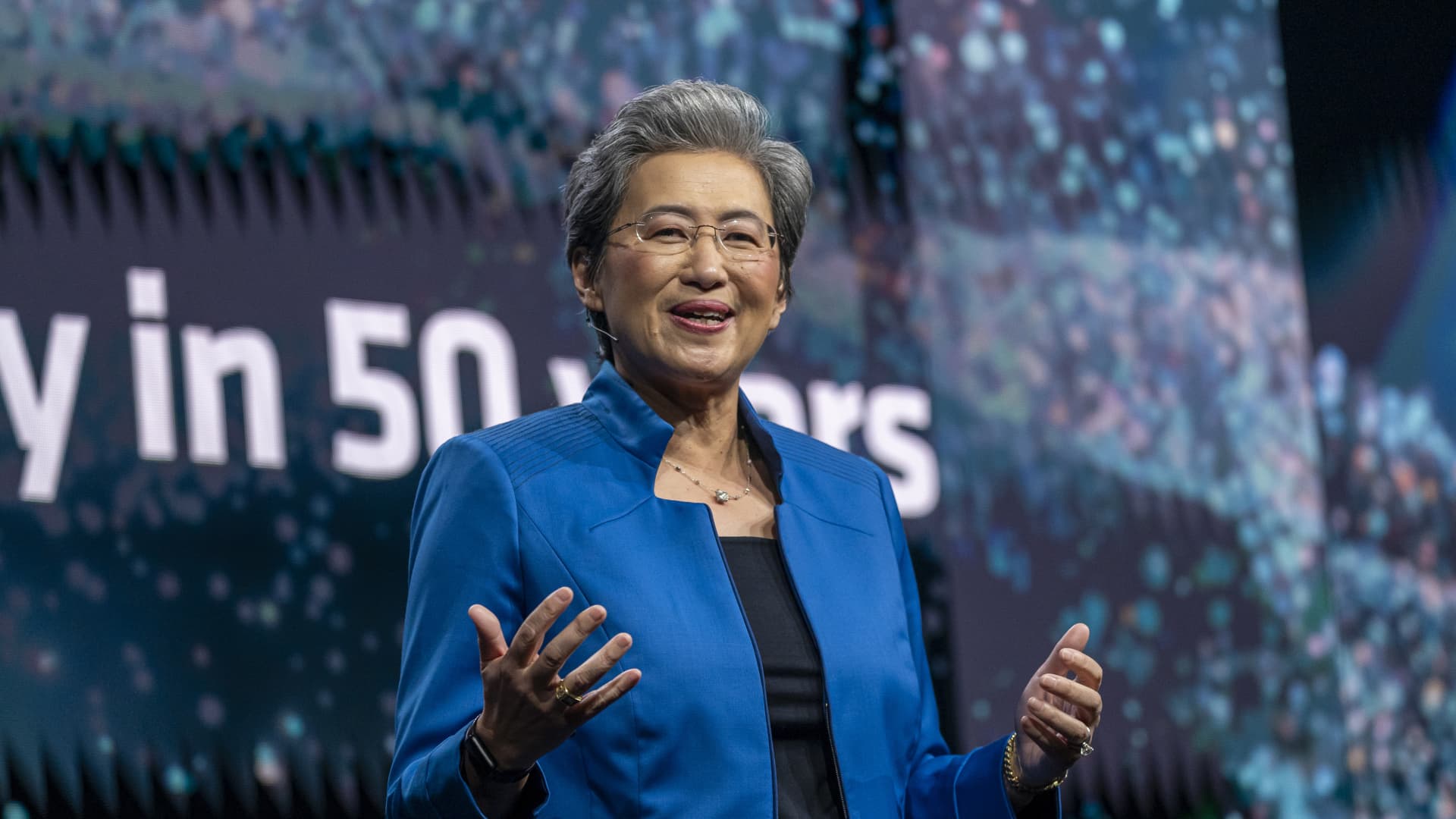Introduction
In the fast-paced world of technology, few stories resonate as powerfully as that of a leader transforming a struggling enterprise into a billion-dollar powerhouse. This is the journey of a chipmaker CEO who, a decade ago, took the helm of a floundering chip manufacturing company. With a vision rooted in perseverance and innovation, she not only overcame immense challenges but also reshaped the landscape of the tech industry. This article delves into her transformative journey, the strategies employed, and the broader implications of her success for the semiconductor industry and beyond.
The Initial Challenges
When she first assumed leadership, the company was grappling with several critical issues:
- Financial Instability: The company was on the brink of bankruptcy, suffering from dwindling revenues and a lack of investor confidence.
- Technological Obsolescence: The existing product lines were outdated, unable to compete with advancements from key rivals.
- Workforce Morale: Employee morale was low, with many talented individuals leaving for more promising opportunities.
- Market Skepticism: Analysts and industry experts were doubtful about the company’s future, creating a challenging external environment.
Visionary Leadership and Strategic Decisions
Faced with these daunting challenges, the CEO implemented a series of strategic decisions that would lay the groundwork for future success.
Revamping the Product Line
Recognizing the need for innovation, the CEO prioritized research and development (R&D). By reallocating resources towards new product lines, the company was able to:
- Introduce cutting-edge chips that met the growing demands of artificial intelligence and machine learning.
- Enhance existing products with improved performance metrics, making them competitive in the global market.
- Establish partnerships with tech giants to create customized solutions, expanding their market reach.
Building a Strong Company Culture
Understanding that a motivated workforce is essential for success, she focused on cultivating a positive company culture. This included:
- Implementing employee engagement programs that encouraged feedback and collaboration.
- Offering professional development opportunities, which helped retain talent and attract new employees.
- Promoting diversity and inclusion, fostering an environment where innovation could thrive.
Embracing Sustainability and Ethical Practices
In an era where corporate responsibility is paramount, the CEO emphasized sustainable practices. The company invested in green technologies and manufacturing processes that reduced environmental impact. This approach not only appealed to eco-conscious consumers but also positioned the company as a leader in ethical chip production.
The Results: A Billion-Dollar Enterprise
Through these strategic initiatives, the company experienced remarkable growth:
- Revenue Growth: Sales skyrocketed, with the company reporting a 300% increase in revenue over five years.
- Market Share: The company became one of the top five chip manufacturers globally, capturing significant market share from competitors.
- Stock Performance: The company’s stock price increased tenfold, restoring investor confidence and attracting new capital.
Broader Implications for the Semiconductor Industry
The success of this chipmaker CEO has implications that extend beyond her company. The semiconductor industry is undergoing rapid transformation, influenced by technological advancements and geopolitical factors.
The Rise of AI and Advanced Computing
As AI and machine learning technologies continue to evolve, the demand for advanced semiconductors is surging. Companies that can innovate and provide high-performance chips will have a competitive edge. The CEO’s focus on R&D positions her company to capitalize on these trends, reflecting a broader industry shift towards prioritizing innovation and adaptability.
Global Supply Chain Challenges
The semiconductor industry has been significantly impacted by global supply chain disruptions, exacerbated by the COVID-19 pandemic. Her company’s commitment to sustainable practices and local manufacturing not only enhances resilience but also aligns with emerging trends favoring localized supply chains.
Geopolitical Factors
With increasing tensions between major global players, the semiconductor industry is becoming a focal point for national security discussions. The CEO’s proactive approach in securing partnerships and diversifying supply chains will likely serve as a model for other companies seeking to navigate these complexities.
Conclusion
The transformative journey of this chipmaker CEO illustrates the profound impact of visionary leadership, strategic innovation, and a commitment to ethical practices. Her ability to turn a struggling company into a billion-dollar enterprise not only serves as an inspiring case study but also highlights the critical role of the semiconductor industry in shaping the future of technology.
As the industry continues to evolve, her story underscores the importance of adaptability, resilience, and a forward-thinking approach. For aspiring leaders and established executives alike, the lessons learned from her journey are invaluable in navigating the complexities of today’s dynamic business environment.
See more Business Focus Insider Team

